The new design trend for 'zen-tech' will have you feeling calmer at home in no time
The big new design trend is for 'zen-tech', or gadgets that take the stress out of de-stressing
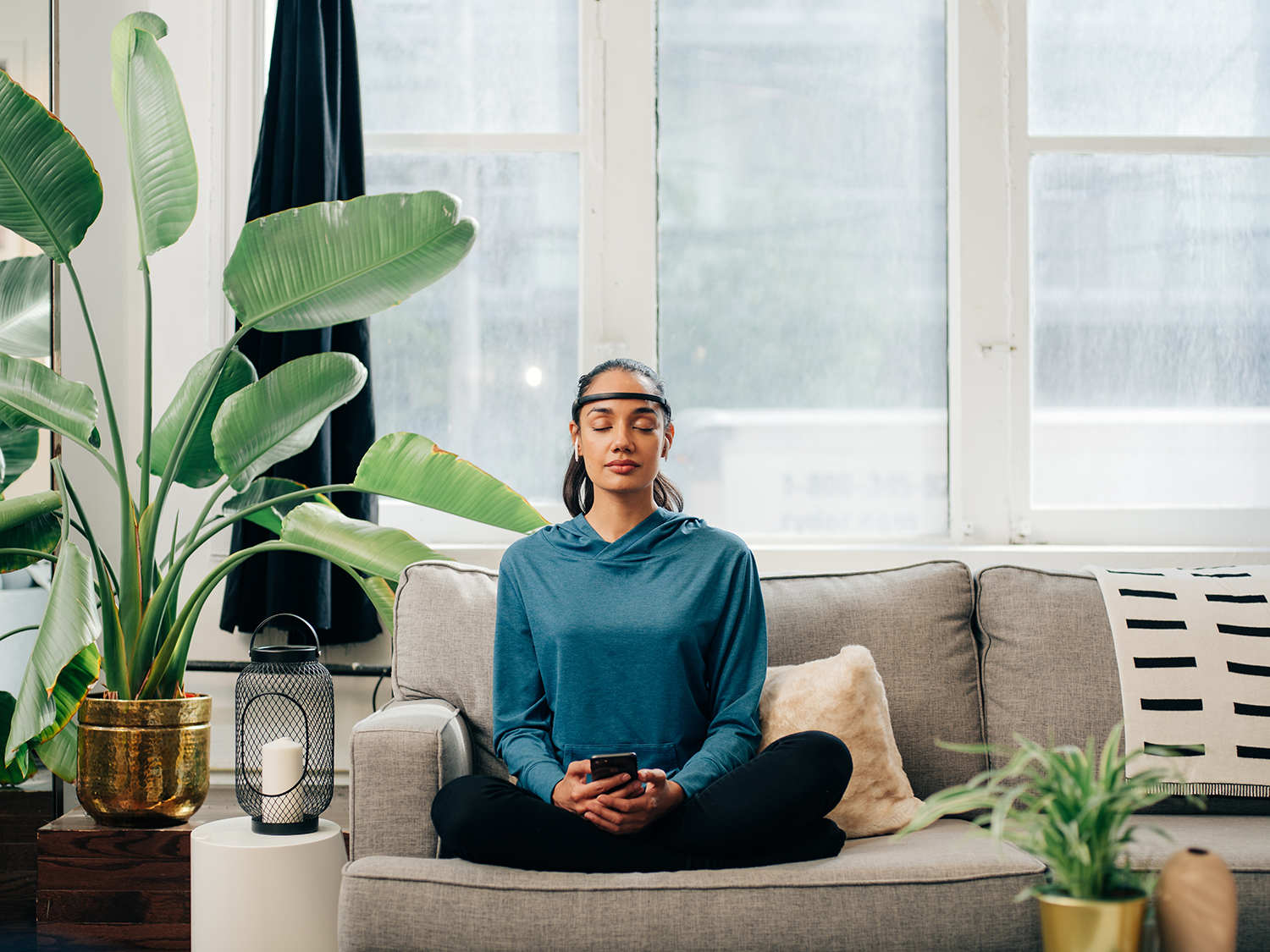
The Livingetc newsletters are your inside source for what’s shaping interiors now - and what’s next. Discover trend forecasts, smart style ideas, and curated shopping inspiration that brings design to life. Subscribe today and stay ahead of the curve.
You are now subscribed
Your newsletter sign-up was successful
The concept of “zen tech” might seem sacrilegious to purists, but they’re clearly not the ones struggling to find their inner calm. For those of us who do, the amount of hours lost to thinking about how badly we’re meditating while trying to do it doesn’t bear thinking about.
And while the advances in the automated home come on in leaps and bounds, and aims to make life easier, the new generation of “mind machines”, however, promises to get us there to faster, deeper, better, often even without needing us to “learn” how to meditate (and many come with extended return policies, enabling you to try before you buy).
They also seem to understand our fallibilities, with several innovations removing the need for mobile apps - and thus our temptation to drift to our screens. “There’s massive potential when you bring human technology and manufactured technology together,” says Chris Connors, meditation teacher and founder of the meditation app Opo. There are even situations where nature can’t compete, he adds - for example, listening to sounds. “Nature can only give you a mild version,” he explains, “while 3D audio through good headphones can be much more specific, precise and impactful. That’s the irony of it.”
The best pieces of zen tech
1. Core
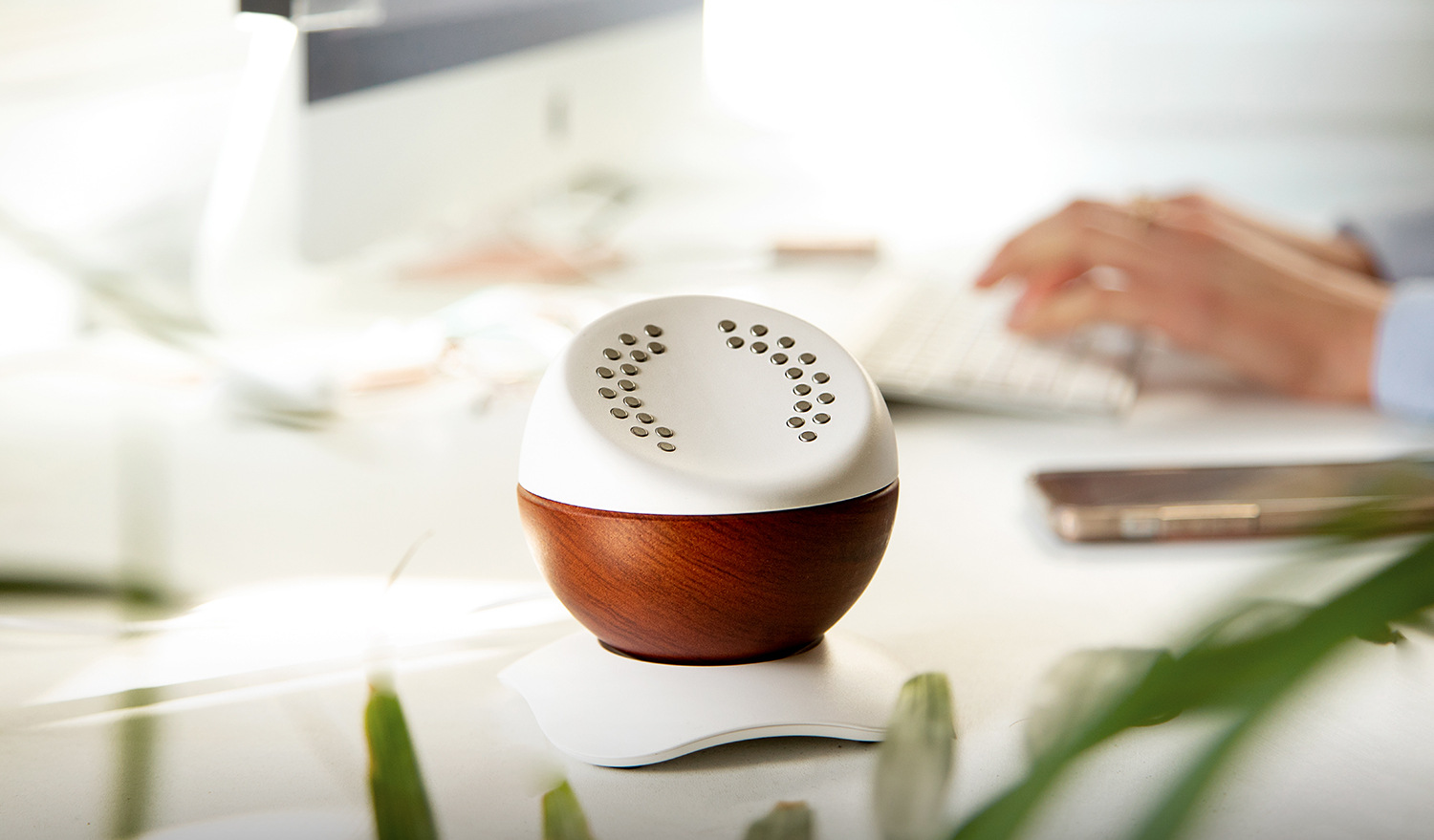
Some of us might appreciate having our hands held through the process of learning to meditate - well, the Core ball pretty much does this. Hold the ball in your hands whilst listening to one of Core’s roster of mostly American meditation and breathwork coaches (via the app), while the gentle vibrations and lights guide your breathing. Meanwhile, ECG sensors, located where your thumbs sit, collect biofeedback to measure the success of each session.
2. Melo
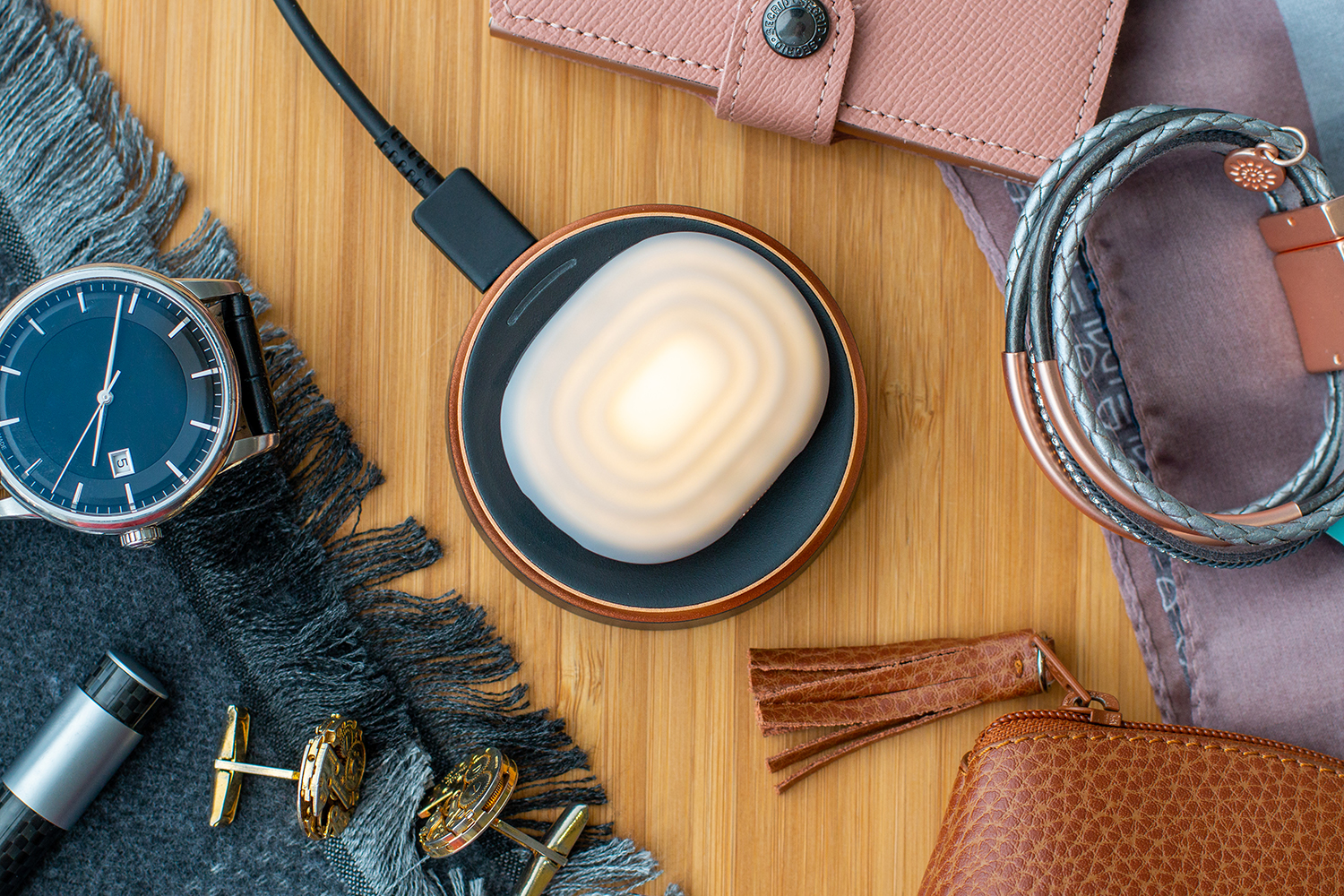
“Calm your breath, and you’ll calm your mind” - this is what any mindfulness expert will tell you. Melo, a beautifully simple, pebble-shaped device that sits comfortably in your palm, will guide you to calmer breath without you ever having to look at a screen. Instead choose between haptic feedback and/or LED patterns to coach you through three different breathwork exercises. Thanks to its portability, you can take a #melomoment wherever you feel the need, without anyone even noticing.
Buy a Melo from Amazon.
3. Muse 2

If your attempts at meditation always end up contemplating what to cook for dinner, what you need is something to bring you back to the task at hand. The Muse meditation headband does exactly this: its inbuilt sensors that sit on your forehead read your brainwaves while you follow the guided meditation (via the mobile app), and as soon as your mind wanders, you’ll hear a gentle cue to nudge you back on track. In a snake-oil filled industry, it’s tried, tested and trusted. Muse 2, from Amazon
The Livingetc newsletters are your inside source for what’s shaping interiors now - and what’s next. Discover trend forecasts, smart style ideas, and curated shopping inspiration that brings design to life. Subscribe today and stay ahead of the curve.
4. Morphée
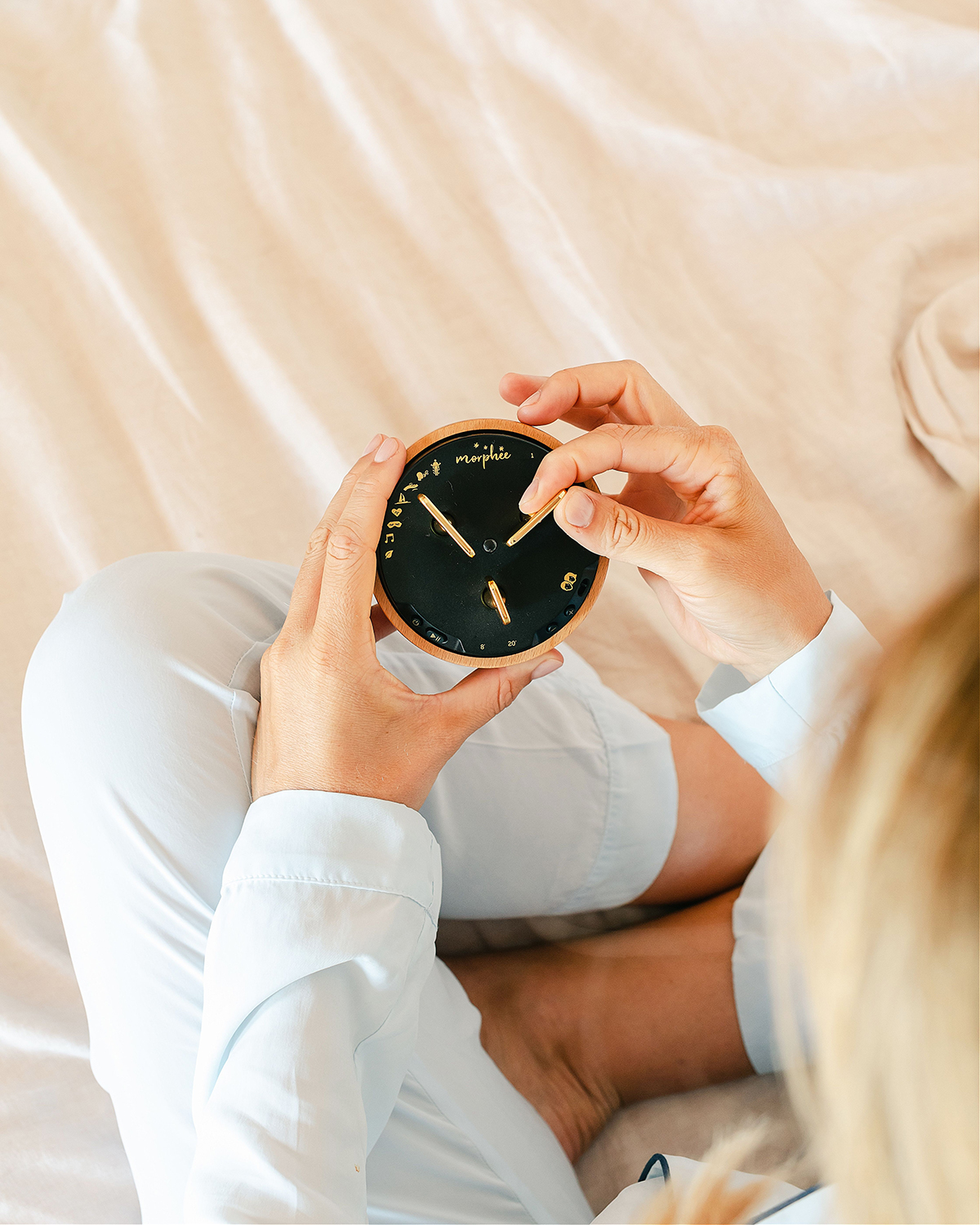
Don’t be fooled by the old-fashioned wind-up vibes - behind the wooden casing and brass keys of the Provence-designed Morphée is the software for more than 200 guided meditations and relaxation sessions.
Choose between eight- to 20-minute programmes, a male or female guide, headphones (not included) or speaker, and themes including nature sounds, relaxing songs, visualisations and sleep aids, many of which are based on sophrology, a dynamic relaxation method.
The tactile keys come into their own at nighttime, when you can select your preferred relaxation in the dark.
5. Sensate 2
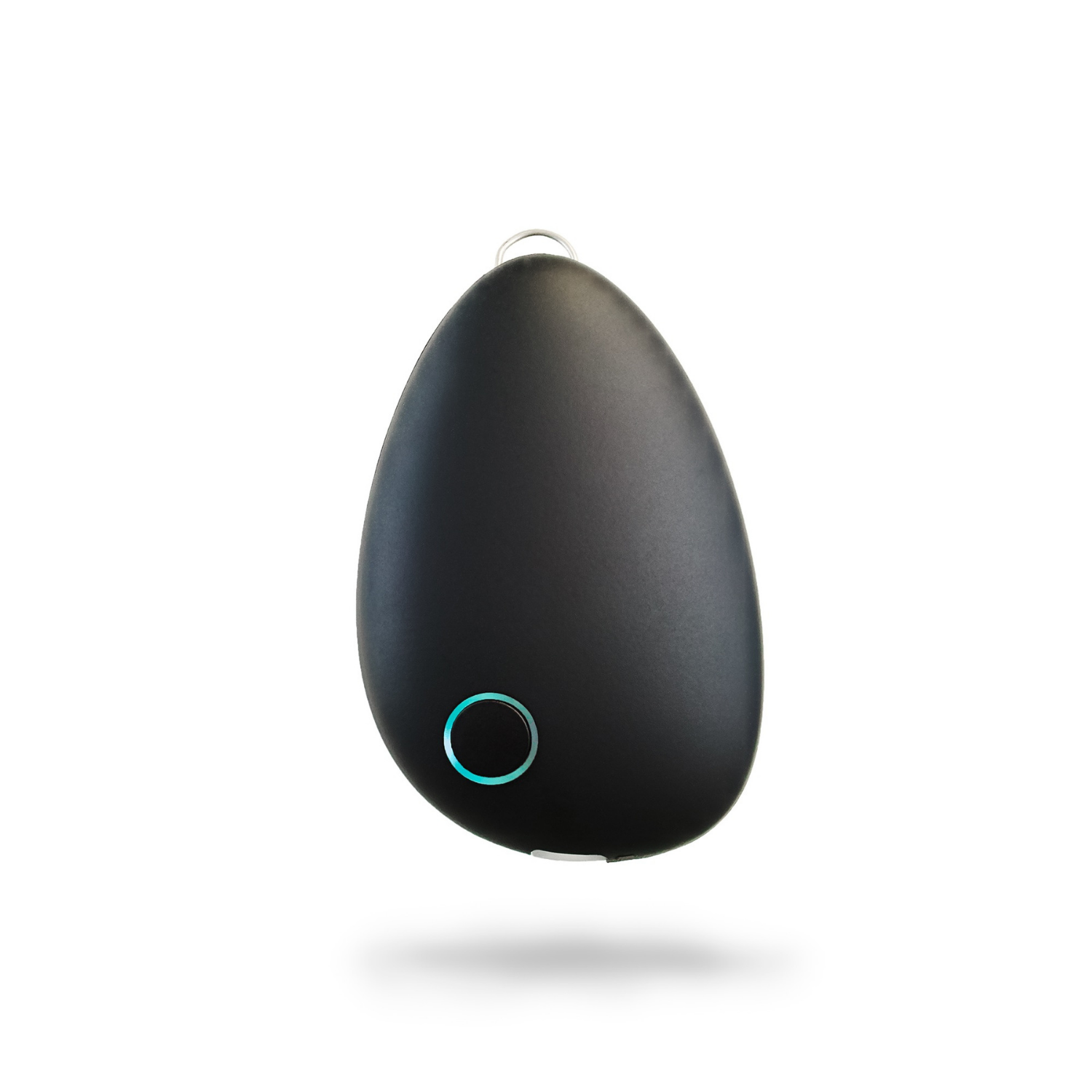
If you’ve been deterred from meditating by the hours that you’re expected to commit before getting the hang of it, you might want to skip straight to Sensate 2.
This palm-sized electronic “pebble” sits on your chest (you need to be lying down), and uses low-frequency infrasonic technology - ie, subaudible vibrating pulses - to stimulate the vagus nerve, which in turn helps you relax - instantly, apparently.
“Think of the vagus nerve as the brake pedal for the mind and body,” says the Sensate website.
6. Sensiks
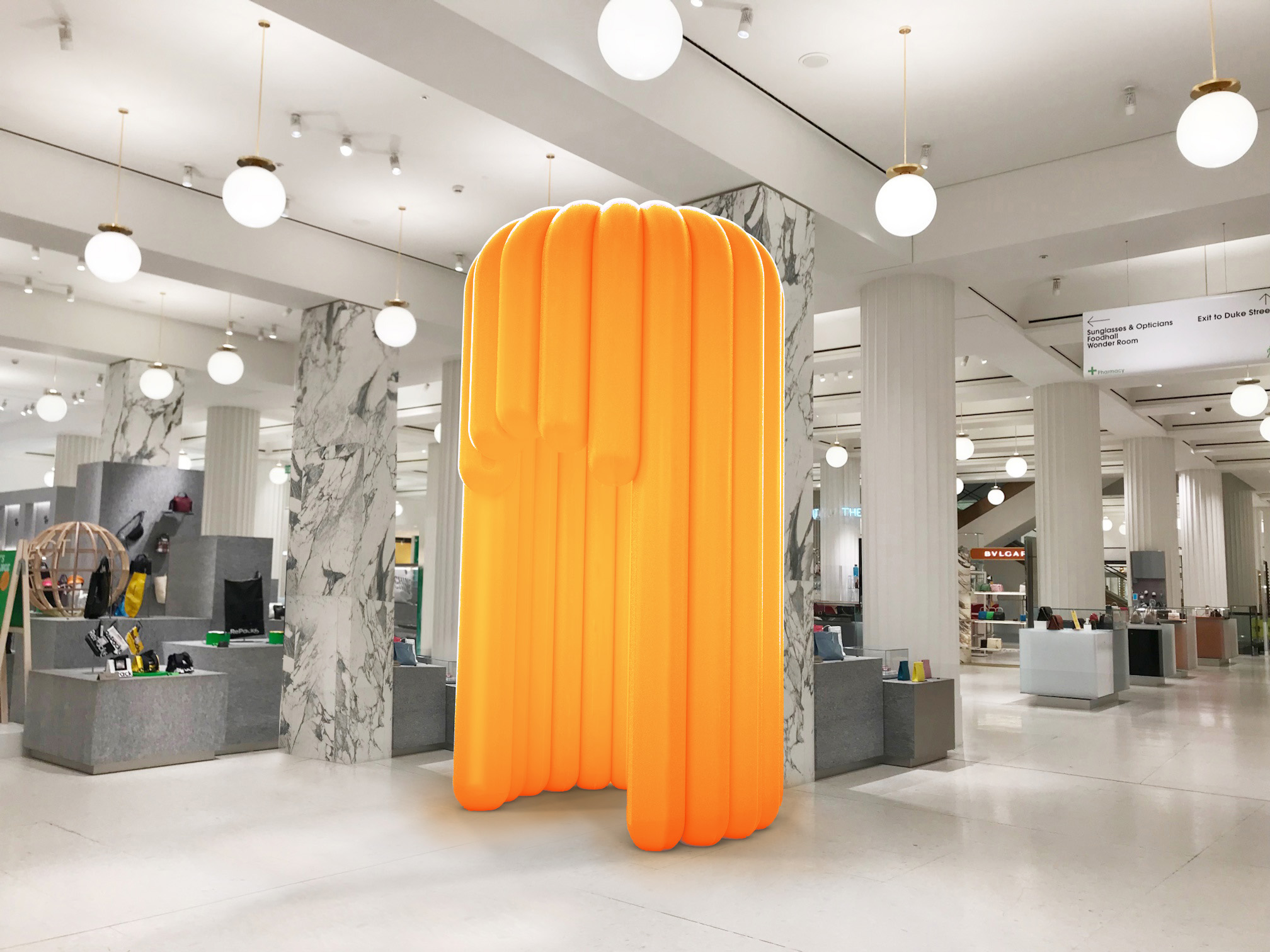
Imagine if you could step away from your stresses and straight onto a paradise island and feel the warm sun on your skin. Well, exactly this is possible if you step into a Sensiks VR pod, as seen in Selfridges earlier this year.
The Dutch med-tech company, Sensiks, designed the “experience” pods to encourage a ‘brain-switch’ from a state of passive observation to one of active participation, making it a “hyper-realistic experience”. Hopefully with hyper-realistic effects. Sensiks pod, and headset; selfridges.com
7. LightVision by Layer x Resonate
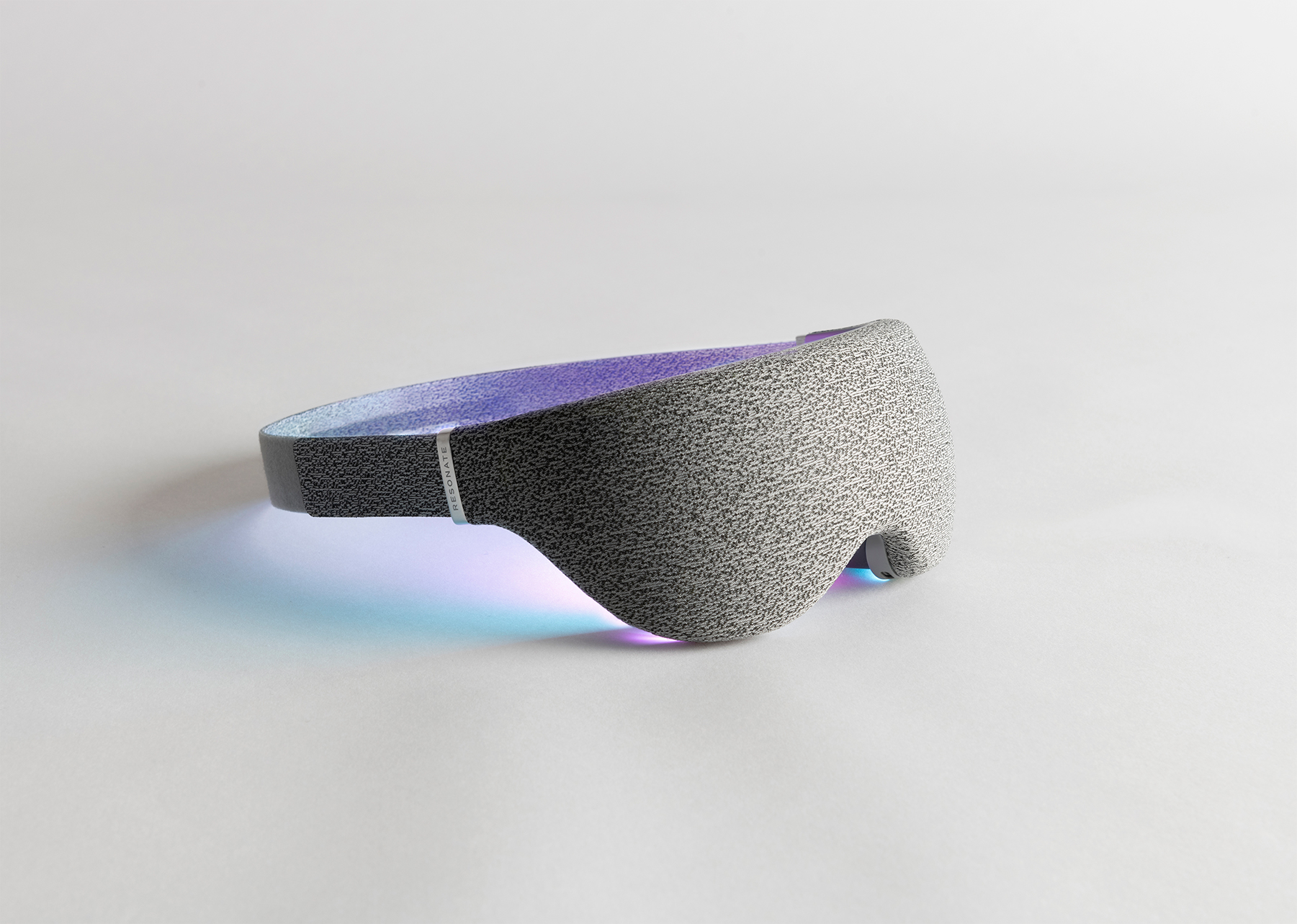
Styled like a pair of rather chic, fabric-wrapped ski goggles, the LightVision headset claims to translate nature videos (say, fish swimming) into biomorphic LED patterns that are visible through closed eyes. These, along with vibrations and high-tech sounds, activate the brain’s “frequency-following” response, ie, its ability to relax and destress, and - bam! - you’re (hopefully) in a deep, meditative state minus the hard work.
This collaboration between design agency Layer and American start-up Resonate launched at Design Miami 2022, and is expected to retail imminently. LightVision by Layer x Resonate
Fleur Britten is a well-respected journalist who for years was the Senior Features Editor at Sunday Times Style. She is known as one of the smartest lifestyle journalists around, revered for being able to decode trends and report on new zeitgeists as they happen. She now writes for the Telegraph, Livingetc, Vogue, The Times, Harper's Bazaar and the Guardian.